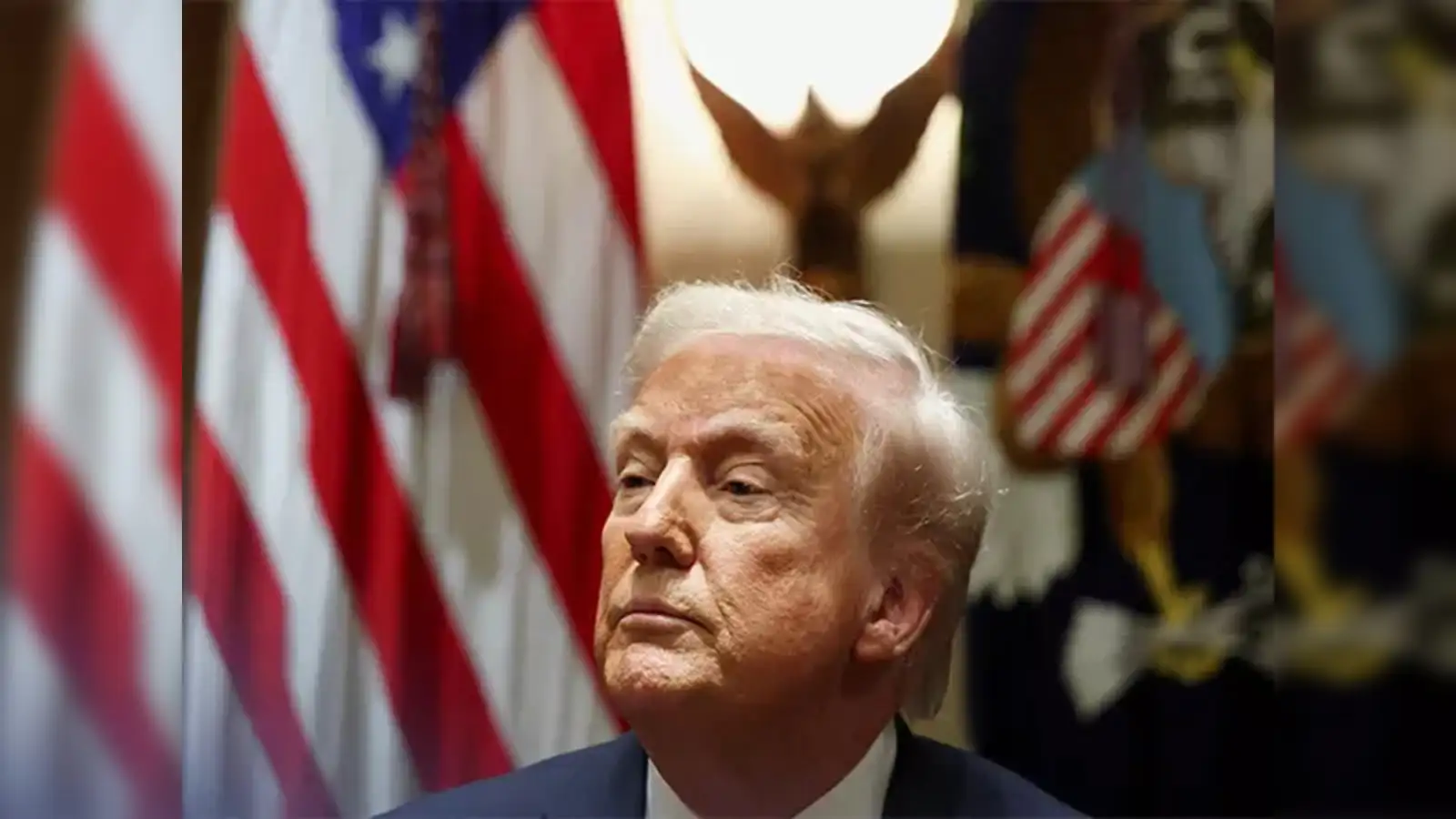A federal judge has temporarily blocked President Donald Trump’s attempt to curtail birthright citizenship, granting a lifeline to opponents of the controversial order as they test a new legal strategy following a major Supreme Court ruling.
Last month, the Supreme Court’s conservative majority narrowed the power of individual judges to impose sweeping nationwide injunctions against presidential policies. That decision overturned earlier rulings that had stopped Trump’s move to limit the automatic citizenship guaranteed to anyone born on American soil under the US Constitution.
However, the court’s ruling still allows for broad challenges through class-action lawsuits — a loophole Trump’s critics have been quick to exploit.
On Thursday, Judge Joseph Laplante of the US District Court in New Hampshire approved class-action status for children who might be denied citizenship under Trump’s directive. He issued a preliminary injunction halting the order while the legal fight unfolds, but delayed enforcement for seven days to allow the administration to file an appeal.
Cody Wofsy, an attorney with the American Civil Liberties Union (ACLU), which brought the case, described the ruling as a “tremendous victory” that upholds the Constitution’s promise of citizenship for all children born within the United States.
Read also: African Leaders Court Trump’s Support For Resource Growth
Trump’s policy would deny citizenship to children born on US soil if their parents are undocumented or only in the country on temporary visas — a dramatic reinterpretation of the 14th Amendment. His administration maintains that the provision, adopted after the Civil War, was intended solely to secure the rights of freed slaves, not to extend automatic citizenship to the children of undocumented immigrants or foreign visitors.
The Supreme Court first rejected a narrow reading of birthright citizenship in an 1898 ruling, affirming that anyone born on US soil is constitutionally recognised as an American citizen.
However, in its recent decision last month, the current court — dominated by a 6-3 conservative majority — chose not to weigh in directly on whether President Trump’s executive order violates that constitutional guarantee. Instead, the justices focused narrowly on the legal scope of nationwide injunctions issued by individual judges.
While their ruling allowed Trump’s order to proceed, they postponed its implementation until late July, providing an opportunity for new legal challenges to emerge.
Previously, several lower courts had blocked the measure altogether, ruling that stripping birthright citizenship from children born in the US to undocumented parents or temporary visitors would violate the Constitution’s clear protections.

